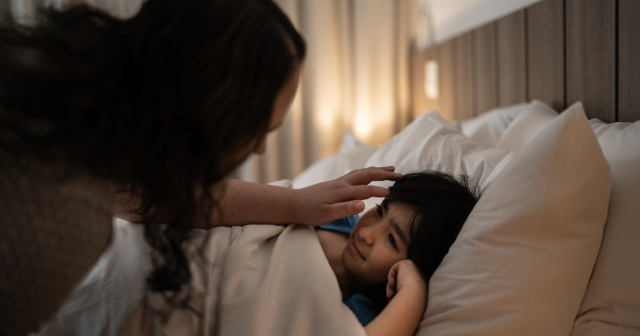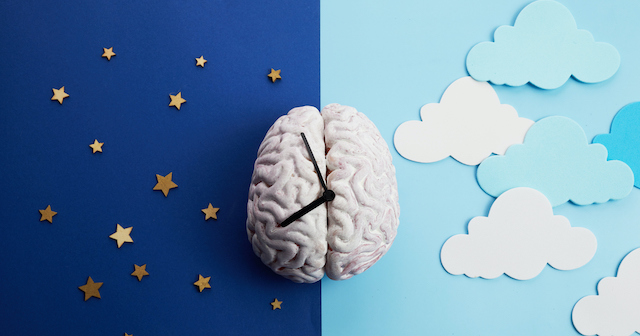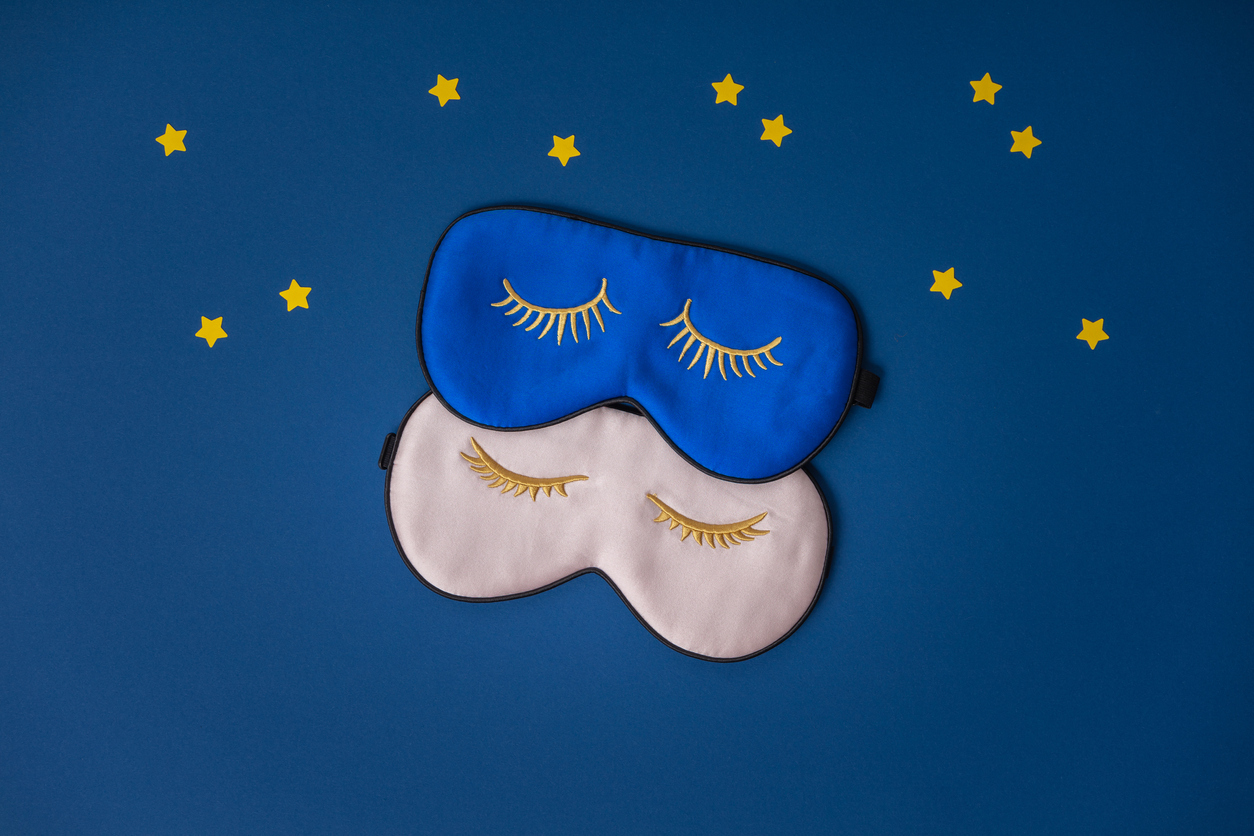Can sex lead to a better night’s sleep? The latest evidence says yes (yes, yes!).
Sexual pleasure isn’t just a way to feel closer to your partner and enjoy some time connecting with your own body – it can also help you sleep better. And the good news is you don’t need to have sex with someone else to enjoy a better night’s sleep, because masturbation can also be effective.
So here’s what you need to know about sex, masturbation and orgasms as a way to get a better night’s sleep.
How does sexual pleasure help me sleep better?
Sexual activity can have a positive impact on both your sex life and sleep. It can help release stress, increase intimacy, boost feelings of wellbeing and calm your mind, making it easier to switch off to go to sleep and stay asleep.
So what’s going on in your body to make sex a useful way to wind down and sleep well?
Intimacy can help, even without an orgasm
While having an orgasm can definitely improve sleep (see below), sexual intimacy on its own can also play a part.
Sexual intimacy without orgasm can help you sleep by:
- increasing oestrogen levels – research suggests the hormone oestrogen increases when you’re sexually aroused, and this can help you get better-quality sleep. Oestrogen helps your body use serotonin, a chemical that balances your mood and can aid sleep. On the other hand, lower levels of oestrogen are linked to disrupted sleep (a common early sign of menopause)
- lowering stress levels – studies show that sexual intimacy reduces levels of stress hormones, such as adrenaline and cortisol, as well as stimulating the production of ‘feel-good’ chemicals called endorphins. This reduces anxiety and tension, allowing you to sleep more soundly
Orgasm hormones help you sleep better
It’s no secret that orgasms make us feel good. They can also be good for your health, helping to strengthen your pelvic floor and ease migraines. And recent research has found that having an orgasm – during sex with a partner or masturbation – is associated with better sleep.
Evidence suggests that the hormones released during and after having an orgasm help you fall asleep faster and can improve your sleep quality. These hormones include:
- oxytocin – your body releases this hormone when you have an orgasm. Often referred to as the ‘love hormone’, oxytocin lowers your levels of cortisol, the main stress hormone. Cortisol naturally rises in the morning to wake you up, then falls throughout the day. If it’s higher later in the evening, it can affect your ability to sleep. So having an orgasm before you go to bed may help lower your cortisol, making you feel more relaxed and more likely to sleep
- prolactin – your body releases high amounts of this hormone after you have an orgasm, which makes you feel relaxed and sleepy. Prolactin is known for its part in breastfeeding, but animal studies suggest it may also have a role in rapid eye movement (REM) sleep – the stage of sleep associated with dreaming and making or retaining memories
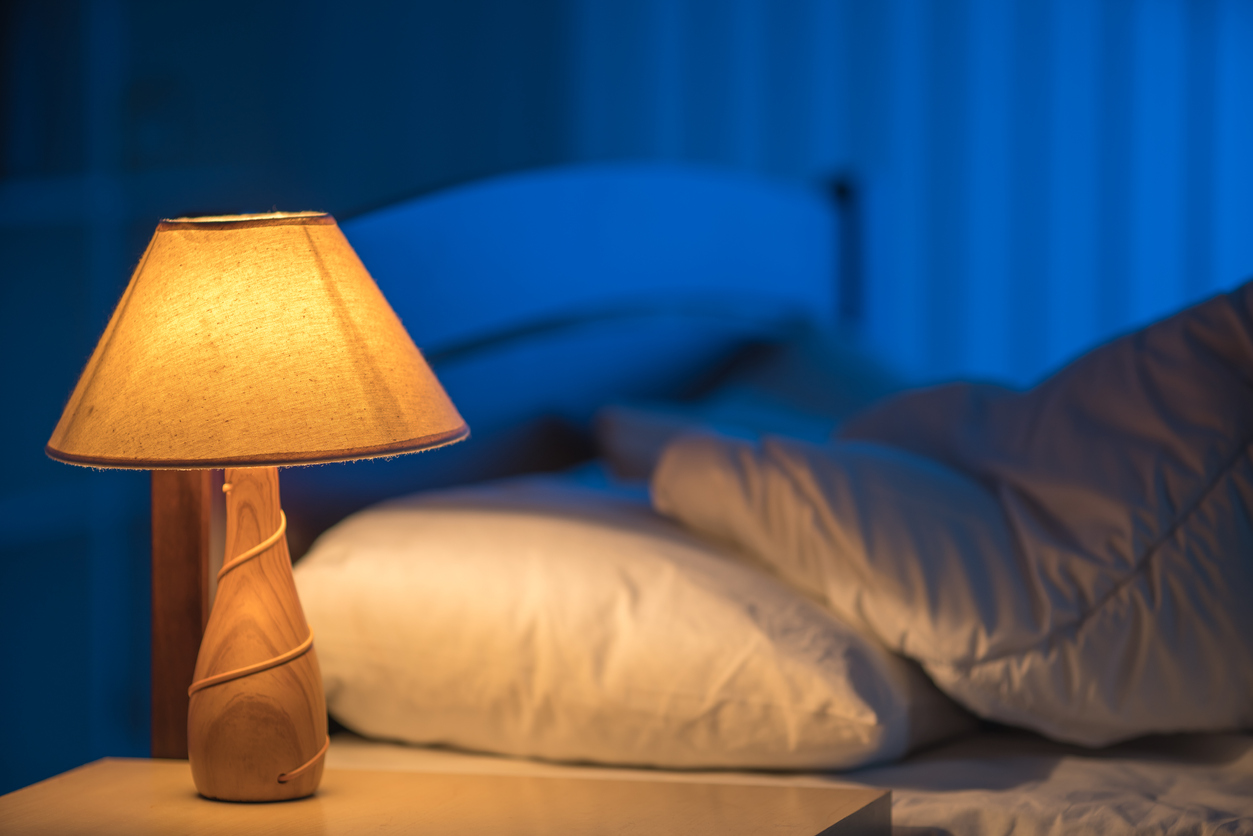
4 sex tips for a better night’s sleep
1. Get yourself in the mood for sex and sleep
It’s important to make the effort to set the mood for sexual intimacy and sleep. These tips can help:
- create the right environment – dim the lights and switch off your electronic devices. As well as being the perfect mood-setter for intimacy, darkness helps stimulate your body’s release of the sleep hormone melatonin
- reduce anxieties about pregnancy or sexually transmitted infections (STIs) – by making sure you’re having safer sex and your contraception is sorted
- keep an eye on your alcohol intake – a glass of wine or bottle of beer in the evening can make you feel sleepy and may have some positive effects on your sex life, such as increasing feelings of desire and making your feel more confident. But regularly drinking large amounts of alcohol can lead to poor sleep and interfere with sexual arousal and orgasm
2. Have sex before bed
The results of a recent large survey suggest that having sex before bed might be the answer to falling and staying asleep. And a review of 12 studies found that sexual activity at bedtime can reduce stress, and help women with insomnia to feel more relaxed and get a better night’s sleep.
But if sex before bedtime makes you feel anxious about losing precious sleep time, just make time for it earlier in the day – you’ll still reap the benefits.
3. Masturbate in a warm bath before bed
Combining self-pleasure and a warm bath could potentially help you sleep better. Research suggests taking a warm bath about 90 minutes before bed can improve sleep – so combining the two has to be worth a try!
4. Make the most of foreplay
Remember, it’s not just about penetrative sex. You can also try the following:
- focus on nipples – nipple stimulation is a key way to release the stress-busting hormone oxytocin
- create intimacy – oral sex, fingering and touching, using sex toys and massaging different parts of the body can all be pleasurable forms of foreplay that can build intimacy. Emotional intimacy can help you sleep by lowering cortisol and releasing oxytocin
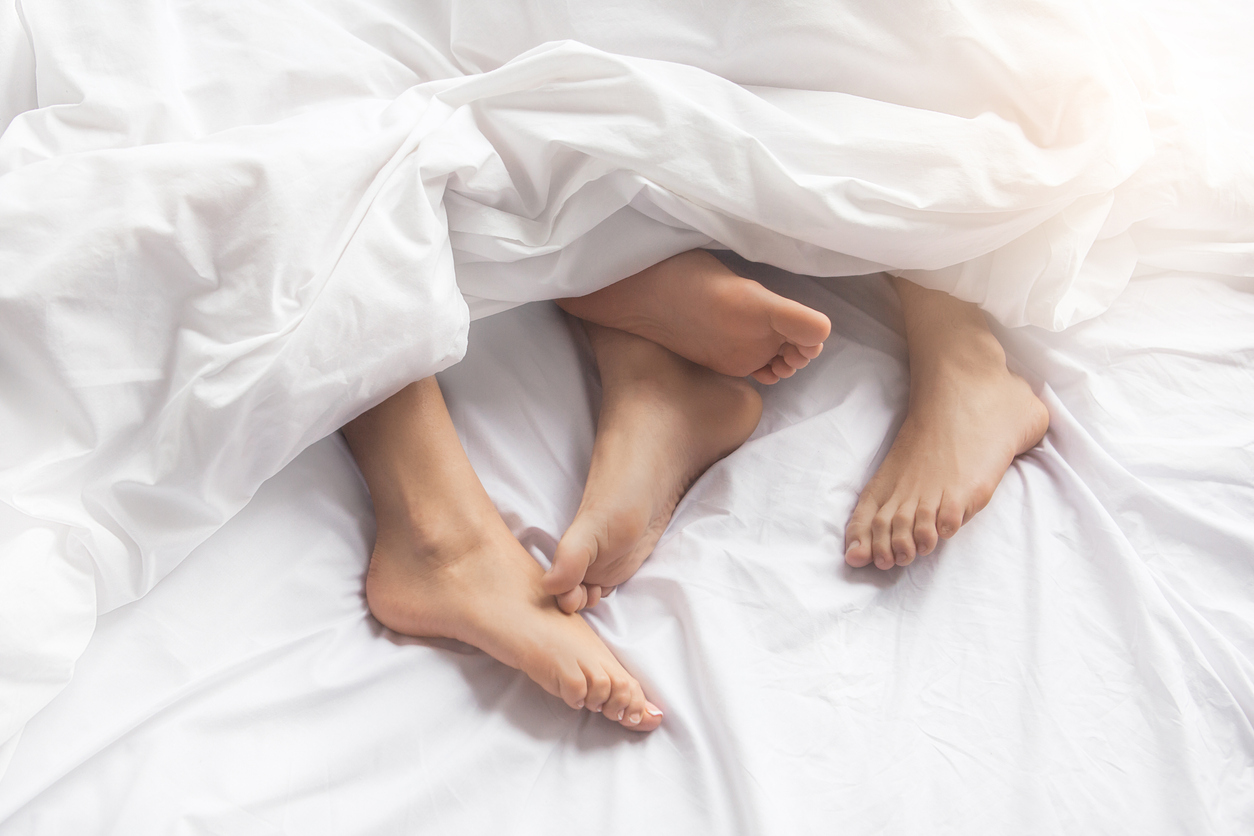
Doctor’s tip
Dr Ann Nainan says:
“Resist the urge to watch TV or bring electronic devices into bed with you: the best mattress is one that’s reserved for sex and sleep only. This allows your brain to associate being in bed with those activities.”
Can lack of sleep affect my sex drive?
Ever wondered why people don’t feel like having sex when they have a new baby? Well, the relationship between sex and sleep works both ways – and a lack of sleep can affect your sex life. It’s easy to get into a negative cycle of poor sleep, stress and no sex (or self-pleasure).
Research shows that women who sleep longer are more likely to have increased sexual desire the next day. And sleep deprivation can affect men, too, with 1 study finding that night-shift workers are at an increased risk of erectile dysfunction (ED).
If you or your partner has a reduced sex drive due to lack of sleep, it’s important not to feel embarrassed about seeking help. Your first step is to speak to your doctor, who’ll be able to give advice or refer you to a specialist for assessment and treatment. Or there are sexual health services, which provide information and support.
Your health questions answered
Can you orgasm in your sleep?
Answered by: The Healthily Medical Team
“Yes, you can have an orgasm in your sleep, whether you’re male or female. Commonly known as a wet dream, sleep orgasm or nocturnal orgasm, it’s usually caused by sexual dreams. Although sleep orgasms can happen to anyone, they’re mostly associated with male puberty, as a result of increased testosterone. Although research into female orgasms during sleep is lacking, 1 study suggests about a third of women have had one.”




